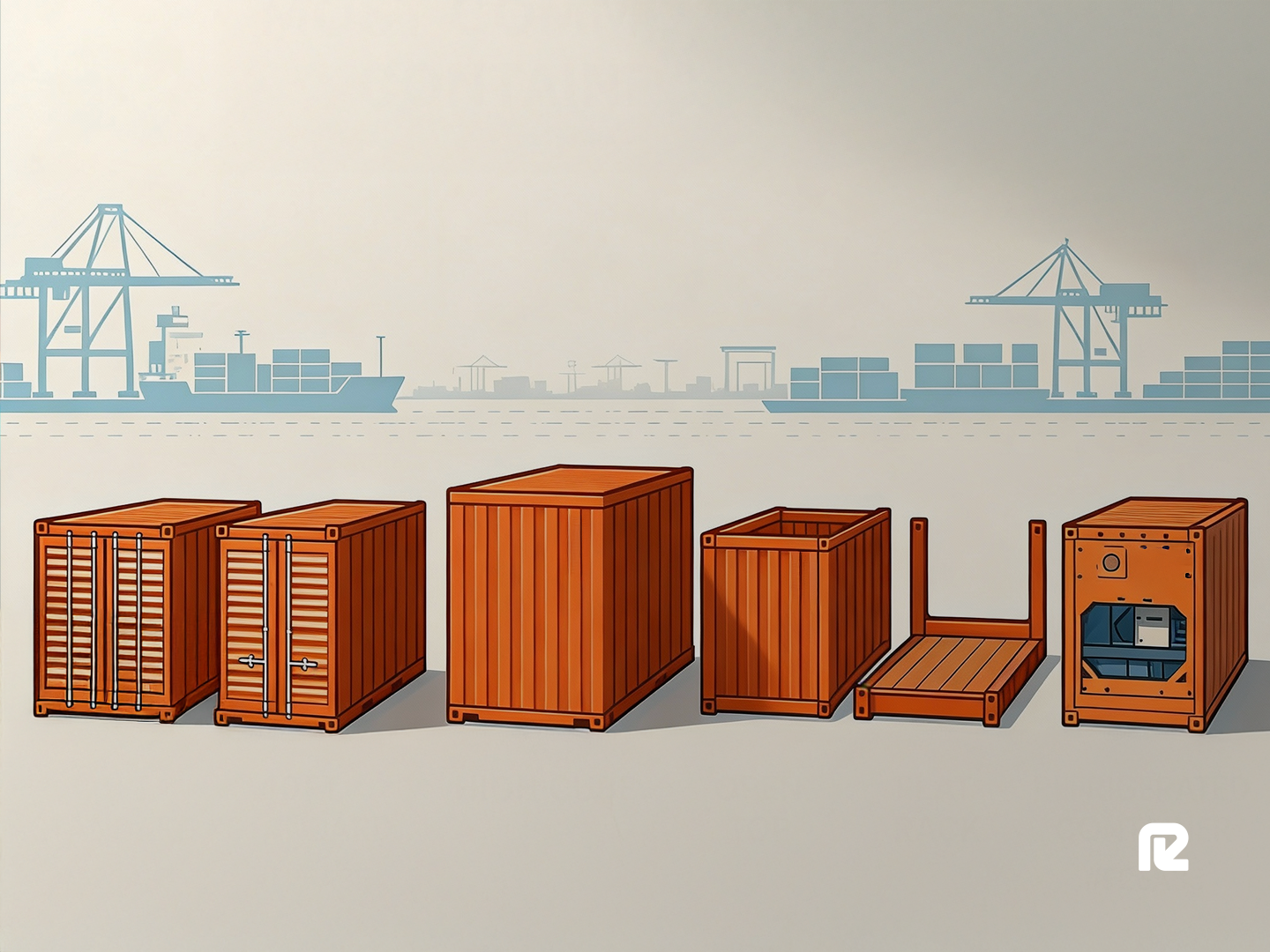The Impact of AfCFTA on Southern Africa Logistics


The African Continental Free Trade Area (AfCTA) is unlocking new trade opportunities and fostering economic growth across Southern Africa. As one of the most ambitious regional trade agreements, AfCFTA is set to reshape the way goods move across the continent, reducing barriers and increasing efficiency for producers, manufacturers, and exporters.
This article explores AfCFTA’s impact on logistics, the challenges and opportunities it presents, and how companies like Reload Logistics play a crucial role in this evolving trade landscape.
Challenges in Southern Africa's Logistics
Southern African logistics have long been constrained by significant infrastructural and procedural challenges. The sector has historically struggled with complex obstacles, including:
· Fragmented infrastructure networks
· Inefficient customs procedures
· High transportation costs
· Inconsistent trade policies
AfCFTA is a solid strategy to address these issues, yet the transformation will take collaboration. Nations should be prepared to undertake key reforms to harmonize regulations, modernize ports and transportation networks, and streamline border processes.
How AfCFTA Creates the Way for Seamless Trade and Growth
By establishing a single market for goods and services, the agreement aims to enhance regional competitiveness and drive regional economic diversification. These reforms will make trade in Southern Africa easier and more efficient, removing those traditional barriers that have had an effect on the region's economic integration for decades.
How AfCFTA Boosts the Logistics Sector
The African Continental Free Trade Area (AfCFTA) aims to boost intra-African trade by up to 25% by 2040 by eliminating tariffs on 90% of goods, with the potential to increase intra-African trade by over 50% by 2035. For manufacturers and exporters, this presents a chance for expansion and economic collaboration.
Key advantages include:
1. Removing Barriers to Trade: AfCFTA reduces non-tariff barriers like excessive documentation, making it easier to move goods efficiently. Streamlined procedures mean fewer bottlenecks and more predictable delivery schedules.
2. Economic Diversification: By creating a single market, AfCFTA encourages businesses to scale their operations, diversifying the economy as companies can source materials and distribute more flexibly.
3. Boosting Intra-African Trade: AfCFTA increases trade among African nations, lowering reliance on external markets, and ensuring more resilient economies. Countries are able to tap into their strengths and resources, building regional specialization and competitiveness.
4. Reducing Trade Costs: Lower tariffs and reduced bureaucratic inefficiencies lead to lower transportation and trade costs, directly benefiting producers and exporters by improving profit margins and making African goods more competitive globally.
The agreement also presents substantial advantages for both companies and consumers:
· Businesses gain access to expanded market bases
· Consumers enjoy lower prices and increased product diversity
· Manufacturers can source raw materials more efficiently
· Logistics providers experience increased demand for specialized services
A robust logistics sector is fundamental to the success of AfCFTA. Efficient transportation and optimized supply chains will enable businesses to maximize the potential, ultimately strengthening regional economies and innovation in logistics management.
How Reload Logistics Supports Trade Under AfCFTA
AfCFTA’s success relies on efficient logistics and streamlined customs processes; by offering end-to-end logistics solutions, Reload Logistics helps businesses overcome trade barriers and navigate regulatory complexities.
The company’s expertise in customs clearance ensures that shipments move smoothly across borders, reducing delays and optimizing supply chains. Additionally, Reload’s warehousing networks support businesses in managing inventory and meeting the growing demands of intra-African trade.
As trade volumes increase under AfCFTA, Reload Logistics remains a trusted partner for companies looking to scale efficiently across the continent.
Addressing Common Misconceptions
Some critics argue that AfCFTA may disproportionately benefit larger economies while leaving smaller nations struggling to compete. However, with strategic implementation and investment in trade-related infrastructure, all countries can benefit from increased regional cooperation. Logistics companies like Reload Logistics play a key role in ensuring that businesses, regardless of size, can efficiently access new markets and thrive under AfCFTA.
AfCFTA Opportunities for a Better Future for Africa
AfCFTA represents more than a typical regional trade agreement—it's a visionary initiative with the potential to fundamentally reshape Africa's economic landscape. As infrastructure improves and trade barriers diminish, logistics will emerge as the primary catalyst for continental growth.
Businesses that proactively adapt and leverage these opportunities will be best positioned to thrive in this new era of African trade.
Reload Logistics - Leading Freight Forwarders in Southern Africa
As trade across Southern Africa increases under AfCFTA, businesses will benefit from partnering with logistics partners who can expertly navigate AfCFTA and the trade landscape. Reload Logistics provides end-to-end freight forwarding solutions that align with the core objectives--removing barriers, reducing delays, and improving trade efficiency across the continent.
Ready to move forward under AfCFTA? Talk to Reload Logistics to discover how we can support your growth across Southern Africa.
Categories






